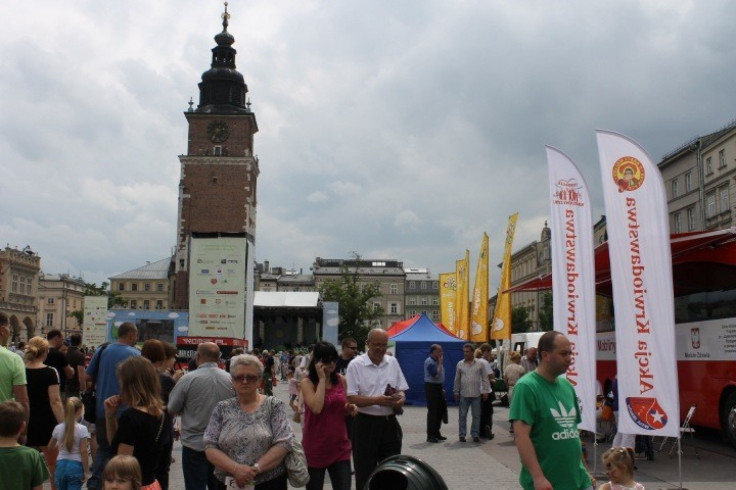European Social Fund Brings New Chance to Life, Living Decently
ESF to the Rescue in Distressful Times

During these difficult times, extreme measures are needed to keep afloat. Second chances are seems hard to come by especially in terms of employment.
The global financial conundrum has caused people their jobs in Europe, the U.S. and the Asia-Pacific Region. In particular, the unemployment rate among the 27 EU-member countries stood at 11% in April 2012, according to the European Commission-EuroStat.
This translates to no less than 25 million men and women, across Europe, within the unemployed population these past 2 years as the financial crises heightened especially in Spain, Greece and Cyprus.
Being laid off seems the end of the world to some as confidence levels are so low and it seems opportunities are unavailable for the longest time.
The ESF, which is available to all the EU-member nations, have developed some programmes that allows the unemployed, the under-employed and even the retirees a second wind, a new chance to life and living decently.
ESF in Greece
As one of the hardest hit by austerity measures among countries in the EU, the ESF programmes in Greece had been on the forefront of stabilising the contingency reserve for funding during the critical period of 2007 to 2013. Projects to upgrade educational facilities, life-long learning initiative, and maximising human resources are the key targets by the ESF in the Greek Peninsula.
The ESF, said in project documents, that hopefully ESF Greece can see the positive results from these programmes even before 2013.
Greece still has a long way to go, but with perseverance and hard work, it can aim for the success reached by ESF-Sweden, which recently has successfully created meaningful job opportunities for people suffering from social exclusion or those without jobs for a very long time.
The Solkraft initiative of the Skellefteå municipality focuses on the individual and encourages the personal growth and development that allows them to rejoin society and the world of work at a pace adapted to their needs. The long-term unemployed, the chronically ill and others who have severe difficulties getting back into work are among the groups that are referred to Solkraft by employment agencies and other bodies. Jobs are provided in a second-hand goods shop, eight work sites and six coffee shops. Solkraft also has contracts with 20 companies to supply a range of services and products. With ESF support, around 400 people work at Solkraft, and 12% go on to a further job or training.
© Copyright IBTimes 2024. All rights reserved.











